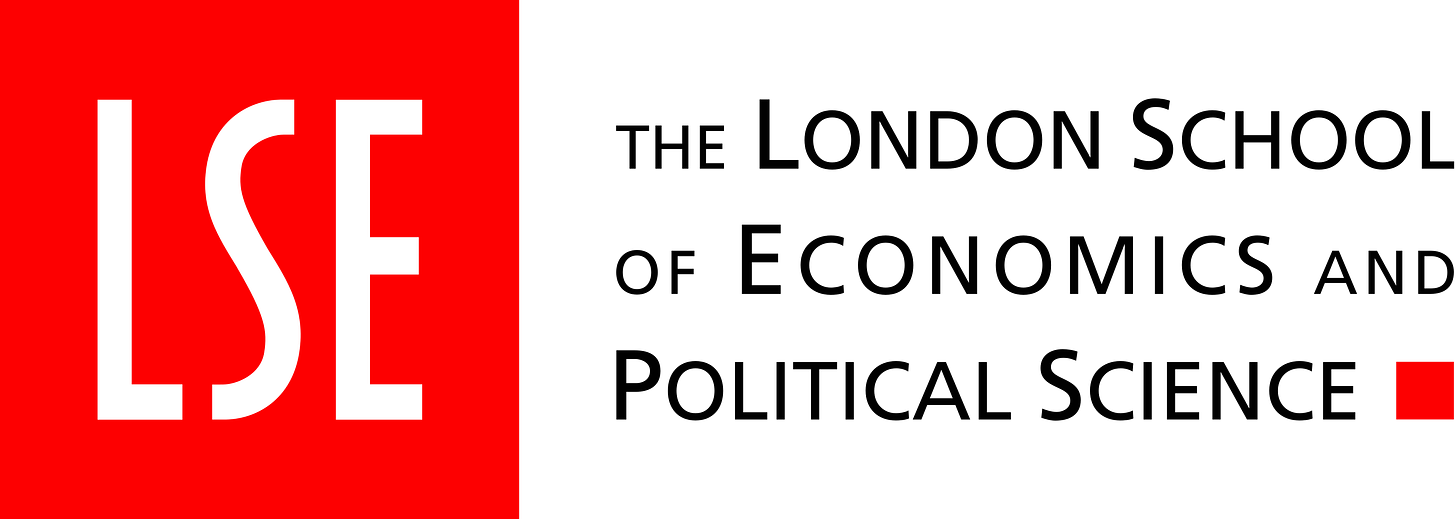Why Leaders Must Keep Their Ego In Check
Read time: 2 min
Big Idea
Unchecked ego in leaders can hamper workplace diversity, stifle innovation, and lead to biases, ‘mirrortocracy’, and poor decision-making; self-aware executives mitigate these risks by actively seeking diverse, inclusive perspectives and implementing strategies to challenge their own biases.
Top Thoughts
Self-awareness is critical for leaders to manage ego and biases, enabling better decision-making and fostering an inclusive work environment.
There are three biases to be wary of, in particular:
Egocentric bias - Overestimating one's abilities, leading to poor decision-making. Seek external viewpoints and feedback to combat this.
Status quo bias - Resistance to change leading to suboptimal outcomes. Follow a framework to evaluate the costs, benefits, and risks of new ideas to counteract this.
Confirmation bias - Seeking out information that confirms existing beliefs and limits innovation and diversity. Seek diverse perspectives to challenge these personal beliefs.
Ego-driven leaders may create a 'mirrortocracy,' where people who are similar to them are promoted instead of a meritocracy based on skills and effectiveness.
The need for social consistency can lead to groupthink, stifling innovation and diversity of thought. Leaders should actively manage meeting dynamics to ensure that all voices are heard.
Following the “fail fast and learn” approach to move away from an all-or-nothing attitude towards change can help leaders pivot more effectively, particularly when faced with innovative outlier ideas that challenge the status quo.
Use diverse feedback mechanisms such as red teams or devil’s advocates to challenge a leader's preconceptions, offer alternative viewpoints, and identify potential blind spots.
Quick Quotes
"Effectively managing ego in the workplace necessitates that managers actively seek out and consider diverse perspectives and contrary evidence… The result being that their decision-making process is not driven by their ego and limited by their own biases."
"Leaders who are self-aware recognise that most human beings resist change."
"Owing to confirmation bias, leaders too often (perhaps unintentionally) ignore information that is inconsistent with their own beliefs… Always have a framework of discussing the costs, benefits, and risks of any new idea raised."
"What better way to preserve a fragile ego than to surround yourself with people who think just like you?"
"Hiring in line with a mirrortocracy is clearly bad for business."
Actionable Advice
Seek out diverse perspectives and encourage critical feedback - This can mitigate the risks of egocentric bias and other ego-driven issues that could negatively impact decision-making and workplace culture.
Use frameworks for evaluating new ideas - This provides a structured approach to evaluating new suggestions or initiatives, which can help leaders break away from simply maintaining the status quo for its own sake.
Implement checks against confirmation bias - Use "red teams" or "devil’s advocates" to constructively challenge assumptions when making high-stakes decisions to avoid potential risks and identify better alternatives.
Source(s)
Lordan, G. & Nikita. (2023, Aug 23). Why leaders must keep their ego in check. [Web article]. The London School of Economics and Political Science. (Link)





